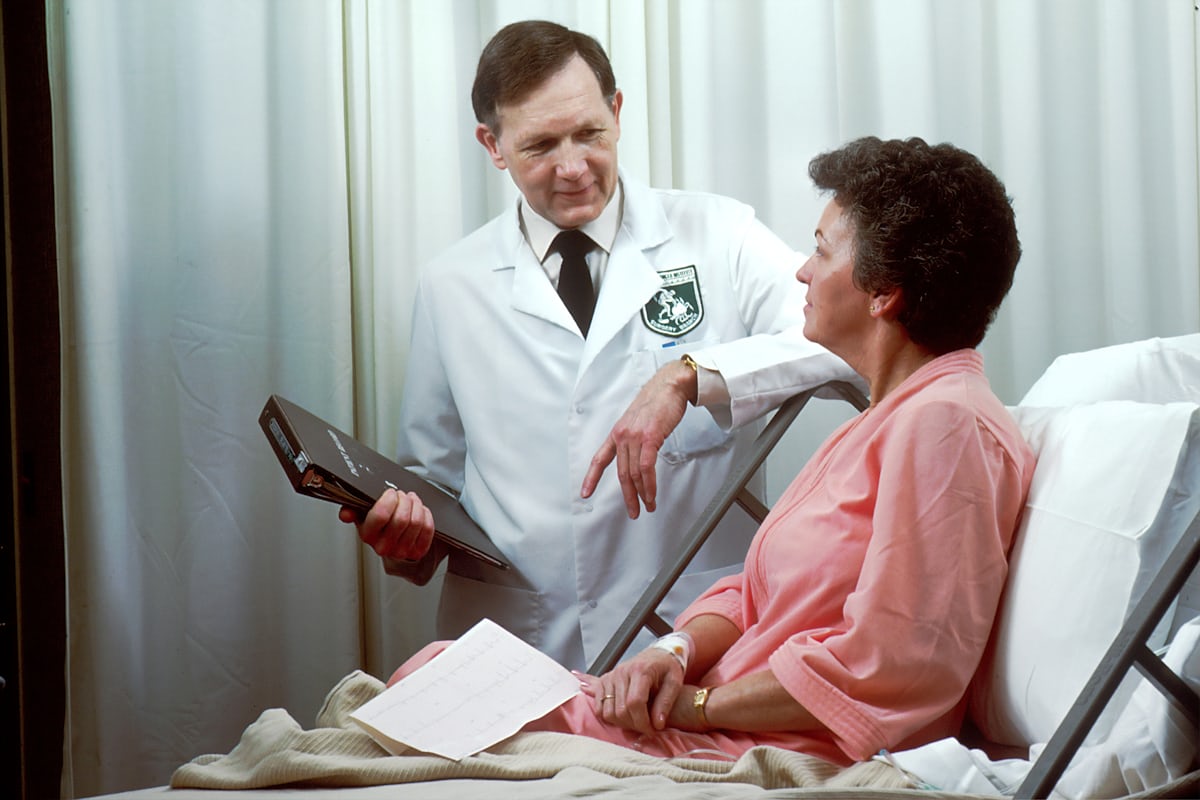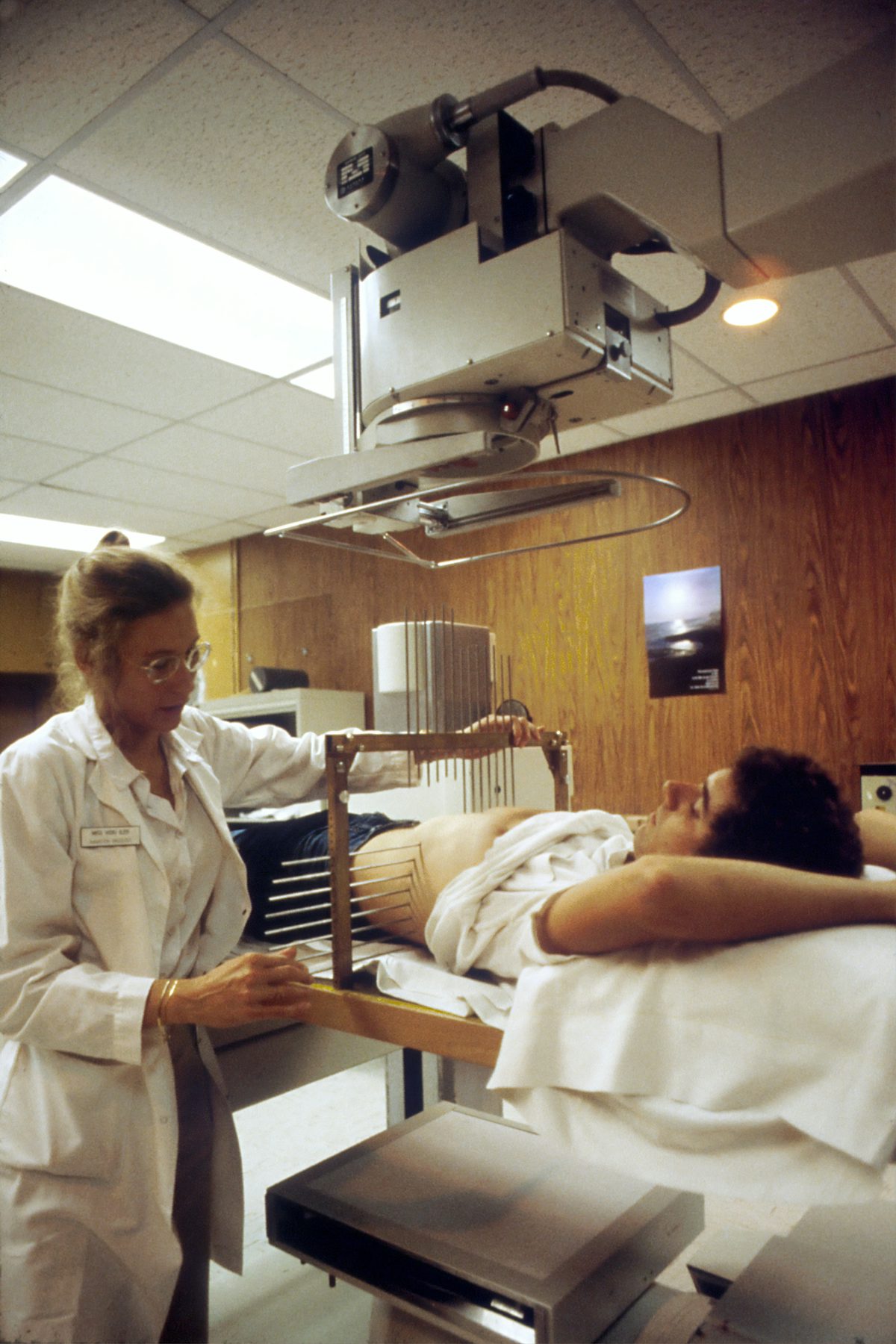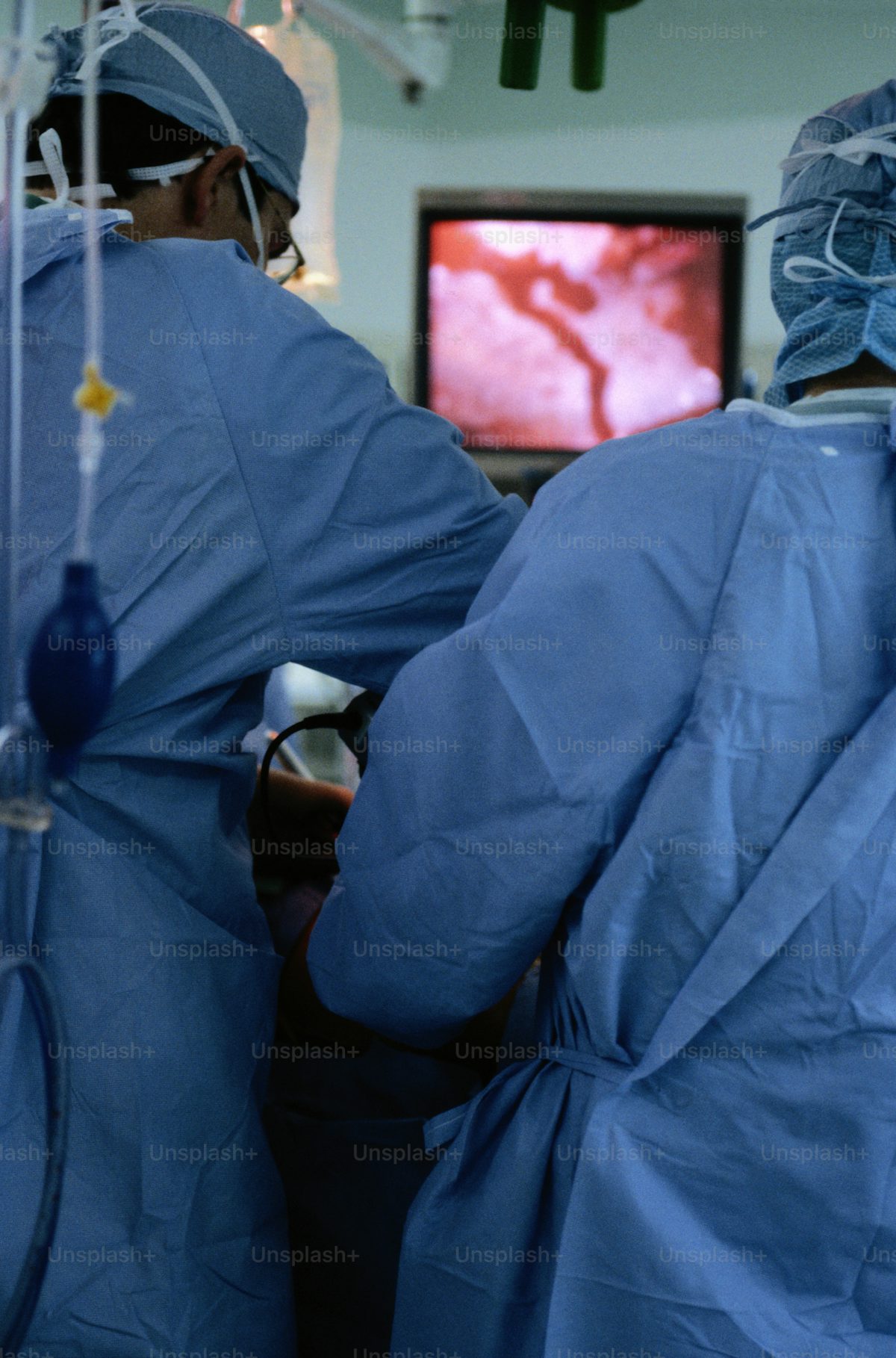A kidney transplant is a procedure in which a healthy kidney from a donor is surgically implanted into the body of a person with kidney failure. This allows the new kidney to take over the functions of filtering waste and maintaining fluid balance, much like a healthy kidney would do. The donor kidney can come from either a deceased donor (someone who has recently passed away) or a living donor, which could be a relative, spouse, or friend.
A kidney transplant is generally seen as a better long-term solution compared to dialysis for managing kidney failure because it allows for more effective waste removal and overall improved health.For patients waiting for a deceased donor kidney, it may take years to find a match. During this time, many people live with kidney failure through dialysis, a process that artificially removes waste products from the blood.
However, dialysis does not fully replicate the functions of a working kidney, and living with kidney failure can present significant health challenges. A kidney transplant is therefore often preferred when possible because it can restore normal kidney function, improving the quality of life for many patients.It’s important to note, though, that kidney transplantation is not a cure for kidney failure, but rather a treatment option. Even after receiving a successful transplant, patients will need to take medications daily to suppress their immune system, preventing it from rejecting the new kidney.

These immunosuppressive drugs are essential, as the body naturally views the transplanted kidney as foreign and may attempt to attack it. As a result, regular check-ups with healthcare providers are crucial to ensure the transplanted kidney continues to function properly and that the medication is working as intended.
Kidney transplantation is not suitable for everyone. A doctor will carefully evaluate a patient’s health to determine if they are strong enough to undergo surgery. Certain health conditions, such as severe heart disease or infections, may disqualify someone from being a candidate for a transplant. In such cases, dialysis may remain the primary option. Nonetheless, for those who are eligible, a kidney transplant offers the possibility of a more normal lifestyle and better overall health than dialysis alone.
What does a kidney transplant look like?
If you need a kidney transplant, the process includes the following steps:
Tell your doctor or nurse that you want a kidney transplant.Your doctor will refer you to a transplant center to see if you are healthy enough for a transplant. Living donors must be screened to ensure they are healthy enough to donate a kidney.
If you do not have a living donor, you will be placed on a kidney waiting list. Menstrual blood tests are done while you are waiting for your kidney test.
After getting a kidney, you have to go to the hospital for a kidney transplant. If you have a living donor, you can plan your transplant in advance.
Talk to your doctor
The first step in finding out if you are a candidate for an organ transplant is to talk to your doctor. If you are on dialysis, your dialysis team will also be involved in this process. If you and your doctor decide that a kidney transplant is right for you, your doctor will refer you to a transplant center.

Organ Transplant Consultation Center
At the transplant center, you will meet members of the transplant team. You will be tested to make sure you are a good candidate for an organ transplant.
These include blood tests and tests to check your heart and other parts of your body to make sure you’re healthy enough for surgery. Certain conditions or diseases, such as ongoing cancer or current drug abuse, can reduce the chance of a successful transplant.
You will also get tests to check your mental and emotional health. The transplant team needs to make sure you are ready to care for your transplanted kidney. Know and follow your medication schedule after surgery.
In a process called cross-matching, the transplant team compares your own blood with the donor’s blood to help predict whether your immune system will accept the new kidney. A kidney from a relative is more likely to be a tissue match than a kidney from an unrelated person.
If a family member or friend wants to donate a kidney and is a good match, they should undergo a fitness test to make sure the person is healthy enough to be a donor.
If you have a living donor, you don’t need to be on a waiting list for a kidney, and surgery can be scheduled at a time that is convenient for you, the donor, and your surgeon.
Testing and evaluation at the transplant center can take anywhere from a few weeks to a few months.Donate a kidney
In a kidney transplant, a surgeon places a healthy kidney in your body. External link National Institutes of Health Pre-Anesthesia Care. If your kidneys are damaged by infection, high blood pressure, or cancer, it usually takes 3 or 4 hours for doctors to inject into the lower abdomen through the esophagus.

If you are on the waiting list for a kidney, you will need to go to the hospital for a kidney transplant after the kidney transplant.
If a family member or friend has donated a kidney, they plan for early surgery. Kidneys from living donors do not need to be transplanted from one place to another, so they are better than kidneys from deceased donors. Your surgical team will work with you and the donor at the same time, usually in the next room. One doctor collects the donor kidney and another prepares to receive the donated kidney.
How do you feel after the injection?
Most people feel better after surgery. For some people, it takes a few days for the new kidneys to start working. If complications occur after surgery, you may need to stay in the hospital for a few days to recover from the surgery. After you leave the hospital, you should see your doctor regularly.
Learn how to stay healthy and care for your donated kidney until you leave the hospital. You may need to take one or more anti-rejection medicines called immunosuppressants. Without treatment, your immune system may mistake the donated kidney as foreign or not yours and attack the new kidney. Anti-rejection drugs can cause side effects.
You may need to take other medicines, such as antibiotics, to prevent infection. Your transplant team will teach you what each medication is and when to take it. Understand the medication instructions before leaving the hospital.
Reference
https://www.ncbi.nlm.nih.gov/books/NBK567755/#:~:text=Kidney%20transplantation%20is%20performed%20to,is%20end%2Dstage%20renal%20disease.
https://www.mayoclinic.org/tests-procedures/kidney-transplant/about/pac-20384777
Transplant options
https://my.clevelandclinic.org/health/treatments/22537-kidney-transplant
https://www.niddk.nih.gov/health-information/kidney-disease/kidney-failure/kidney-transplant
https://www.nhsbt.nhs.uk/organ-transplantation/kidney/is-a-kidney-transplant-right-for-you/alternatives-to-a-kidney-transplant/
https://transplantsurgery.ucsf.edu/conditions–procedures/chronic-kidney-disease.aspx
https://www.mayoclinic.org/tests-procedures/preemptive-kidney-transplant/pyc-20384830
https://emedicine.medscape.com/article/430128-overview
https://www.sciencedirect.com/topics/immunology-and-microbiology/kidney-transplantation
 using WordPress and
using WordPress and
Comments are closed